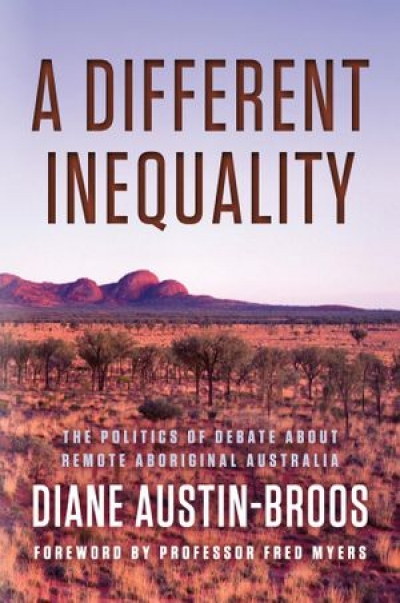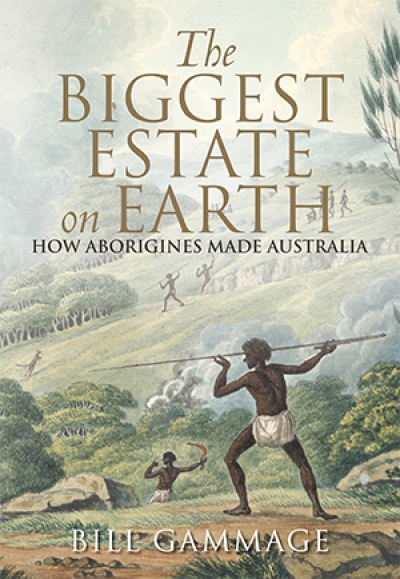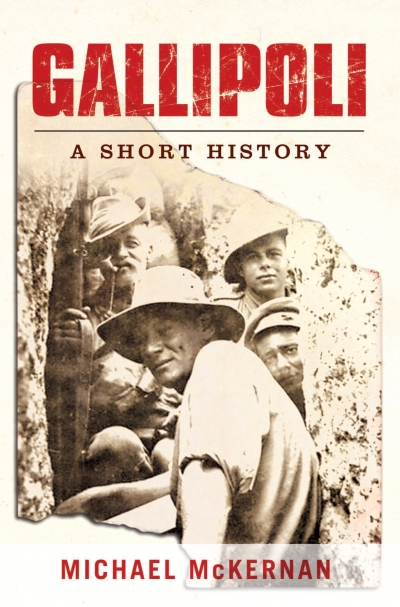Allen & Unwin
A Different Inequality: The politics of debate about remote Aboriginal Australia by Diane Austin-Broos
by Emma Kowal •
The Biggest Estate on Earth: How Aborigines Made Australia by Bill Gammage
by Geoffrey Blainey •
Gallipoli: A Short History by Michael McKernan & Pozières: The Anzac Story by Scott Bennett
by Robin Prior •








